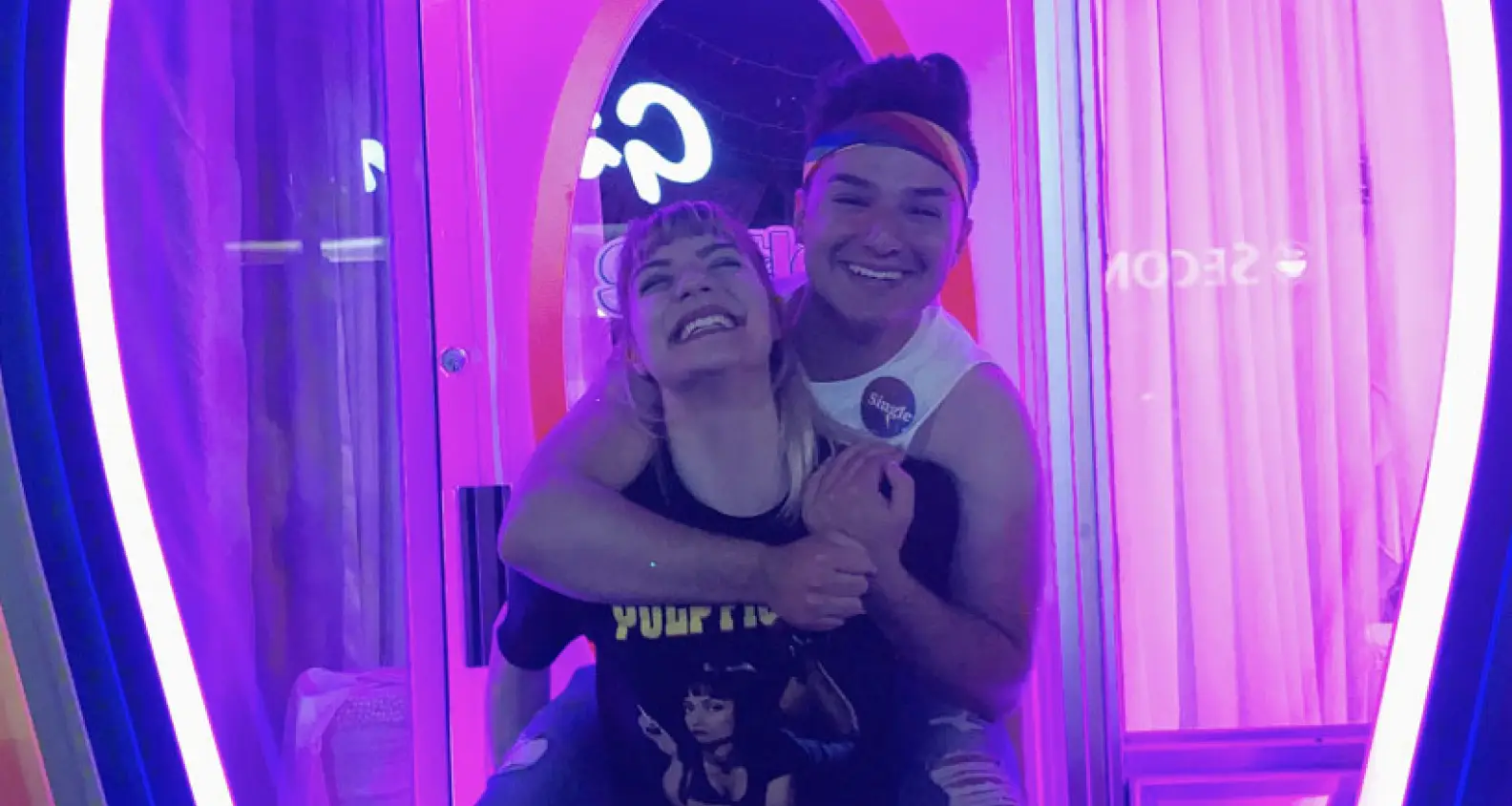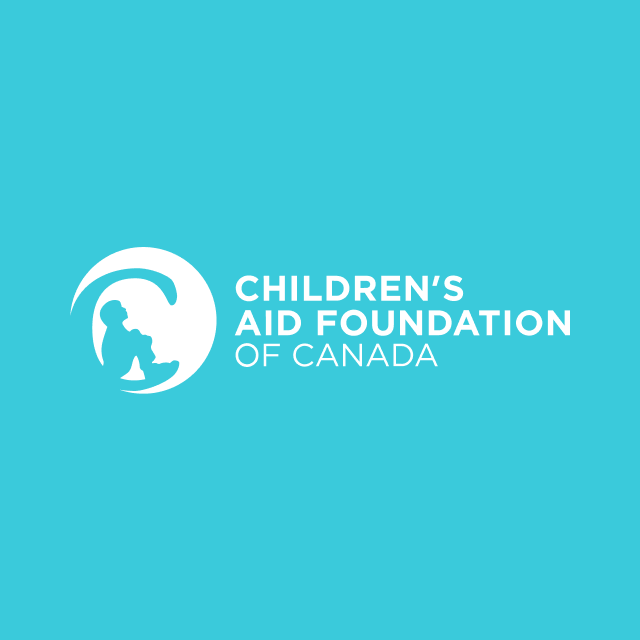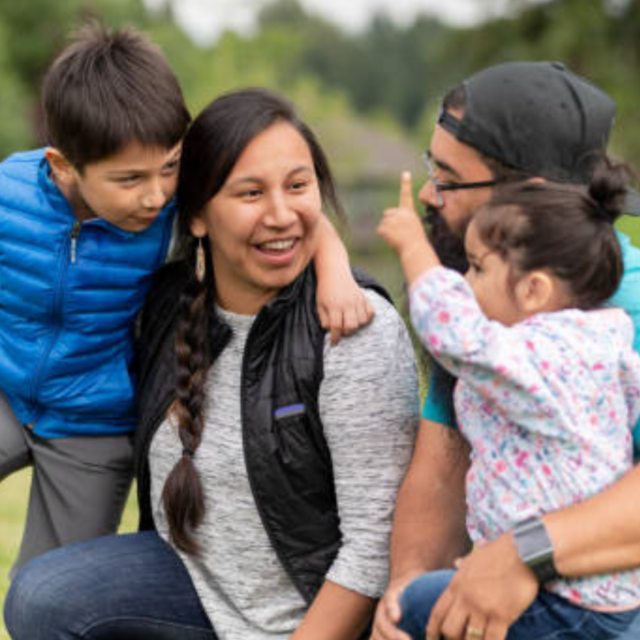 Written by Marko Berrak-Tinaz
Written by Marko Berrak-Tinaz
MARKO, 21, is a fourth year undergraduate student at the University of Toronto, currently completing an Honours Bachelor of Arts Degree in Environmental and Indigenous Studies with a minor in Human Geography. He’s a dedicated advocate for children living in Canada’s child welfare system. His passions lie in the well-being of children, environmental sustainability, and Indigenous relations, and he aspires to explore the capacity in which access and changes to education can help children in and out of care reach their full potential. Marko currently sits on our Young Person’s Advisory Council and strives to use this position to empower others, pay it forward and, most importantly, stand up for kids.
Growing up, I was incredibly fortunate to be raised in an overwhelmingly supportive family. My parents let my brothers and I dress up in dresses and would say things like, “when you grow up you might have a girlfriend or a boyfriend.” In my family there was never anything wrong with being gay.
My adoptive mom is one of my biggest supporters and advocates. She and my aunt took me to my first pride parade when I was in grade 9, along with my best friend. My mom and aunt loved being with the drag queens, and my best friend and I loved to watch the parade. I was incredibly lucky to have family and friends that loved and supported me unconditionally.
I recognize my experiences growing up gay have been easier than most, but it was a long road to arrive at a place where I could be proud of who I am. Before my mom took me to my first pride parade, I was a kid who grew up in foster care. Moving home to home at a young age, and also having a failed adoption, I associated these transitions as a result of something being wrong with me, that I was the problem, and that I wasn’t good enough.
When it came to my second adoption at the age of 10, I had no intention of coming out (even though my family suspected I was gay). I was too afraid that, if they found out, they would give me up and I would have to go back into foster care. In the end, my family’s reassurance convinced me that wasn’t going to happen. I was theirs, and they were mine, and I wasn’t going anywhere.
I believe this a common theme for most LGBTQ+ youth in and from care. When we move from home to home, without a stable family, it’s hard to conceptualize what it all means. I feel that, more often than not, we internalize it and believe that we aren’t good enough, we are not worthy of love, and that’s before we even try to come out. When there is no one there to love you – and I mean love you unconditionally, love you through thick and thin – it’s hard to tell anyone that you’re different out of fear that you’ll only make things worse in what feels like an already unstable situation.
For me, it took only one person, who was always ready to be in my corner, and be my champion: my mom. Knowing I had someone who always had my back was enough for me to go forward in this world, and be who I truly am.
I am not different for being gay, I’m special because of it. I am not different because I’m a youth from care, I am special because of it.
If I were able to leave people with just one takeaway from my experience, it is: as children in and from care, we all want, need, and absolutely deserve that one person to believe in us and support us. Everyone is deserving of love regardless of their skin colour and regardless of their sexual orientation – we are all human beings.
My message to LGBTQ+ youth in and from care is know that you are special, and it is because you are special that you will be able to do incredible things.
Lastly, I would like to leave you with a quote that has helped me through tough times and inspired me to be true to who I am:
You alone are enough, you have nothing to prove to anybody.
Read more about what the Foundation is doing to support LGBTQ2S+ youth.

